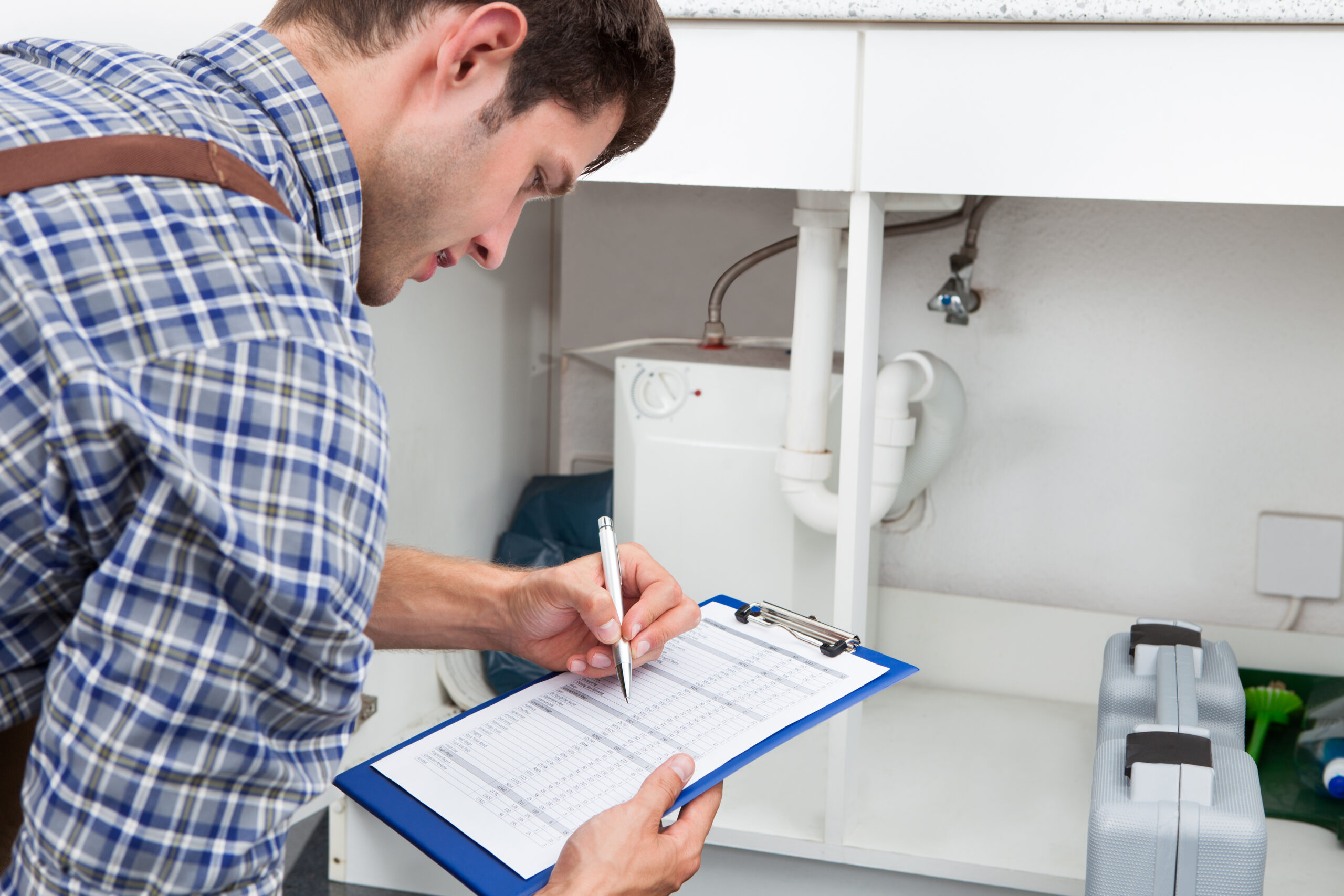Being a landlord is a worthwhile endeavour and can be very rewarding for both the landlord and their tenants. This does not come without responsibilities, however. In this article we aim to give landlords guidance on the importance of inspecting and maintaining their rental properties as well as the rules around these activities.

Legal Background
The Homes (Fitness for Human Habitation) Act 2018 amends the Landlord and Tenant Act 1985 and requires that a home let out is fit for human habitation. It covers all tenancies of less than 7 years and came into force in March 2019. At its core the act stipulates that a property is unfit for human habitation if there are any of the following issues:
- the building has been neglected and is in a bad condition
- the building is unstable
- there’s a serious problem with damp
- it has an unsafe layout
- there’s not enough natural light
- there’s not enough ventilation
- there is a problem with the supply of hot and cold water
- there are problems with the drainage or the lavatories
- it’s difficult to prepare and cook food or wash up
- or any of the 29 hazards set out in the Housing Health and Safety (England) Regulations 2005
Whilst the tenant should bring any serious defects to your attention, it is important that you, as a landlord, ensure that you are complying with the act by inspecting and maintaining the property.
Periodic inspections
Periodic inspections are important to you as a landlord as they allow you to ensure that your property is being kept in a reasonable state and that the tenants are complying with the tenancy agreement. Bear in mind here to get the frequency correct. You don’t want to leave it too long between inspections nor do you want to carry them out too frequently as this could be seen as harassment. Typically, inspections are carried out every 6 months although it would be sensible to have the frequency specified in the rental contract.
Gaining Access
You have a legal right to enter your property for the purposes of viewing its condition and state of repair under section 11 of the Landlord and Tenant Act 1985. This has not changed with the Homes (fitness for Human Habitation) Act. You must, however, give at least 24 hours notice and request access at a reasonable time of day.
Inspecting the property
According to Just Landlords there are several things you should be looking for during a periodic inspection:
- Any maintenance issues such as leaks, cracked windows or damp patches or any other which poses a hazard or would make you unable to comply with The Homes (Fitness for Human Habitation) Act 2018
- Living conditions or the tenants: Are they living in dangerous or unclean manner?
- Fixtures and fittings: Are the tenants looking after your property?
- The loft: is the insulation still OK, are there any issues with the roof tiles?
- Boiler/hot water system: Does the boiler/hot water system need a service, is it working well?
- Smoke alarms: Are the working?
- Overcrowding: Do your tenants have adequate space?
Maintenance
It makes sense to invest in your property and ensure it is properly maintained as a matter of course but the Home (Fitness for Human Habitation) Act puts a legal duty on you to repair anything which causes a breach to the Act. As a landlord you are responsible for repairs to:
- electrical wiring
- gas pipes and boilers
- heating and hot water
- chimneys and ventilation
- sinks, baths, toilets, pipes and drains
- common areas including entrance halls and stairways
- the structure and exterior of the building, including walls, stairs and bannisters, roof, external doors and windows
You should also redecorate if needed once the problem is fixed. You are always responsible for these repairs even if the tenancy agreement says something different.
You are also responsible to keep the home free from Hazards and Shelter, once again, gives a good explanation of what you are responsible for
There are, however some exceptions where you are not responsible for a repair which are detailed here by Shelter.
Helping Landlords with Periodic Inspections and Maintenance
One way to remove the headache of having to deal with this yourself is to have a Northwood letting agent manage the whole letting process for you. As part of the service we will carry out periodic inspections and organise, with your permissions, any repairs or maintenance that is required. It would be worth your while checking with our local property experts to chat about the different Landlord services we offer.






